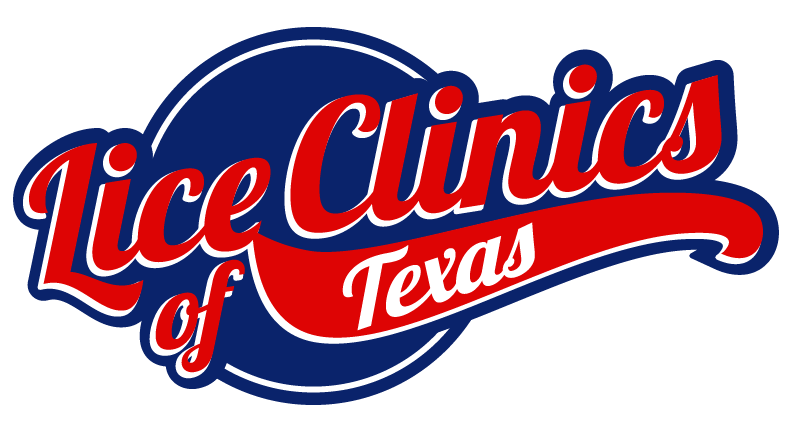Parents have the world’s hardest job. Also, the world’s most rewarding and meaningful job. We praise parents for doing the best job in the world. Verywell.com published an article explaining the 4 different parenting styles and the effects they have on children. So, let’s find out what type of parent you are.
Authoritarian Parenting
Do any of these statements seem like you?
- You believe kids should be soon and not heard.
- You believe kids should follow your rules and ways of doing things no matter what.
- You don’t take your child’s feelings into consideration.
If so, you might be an authoritarian parent. Authoritarian parents lay down the law and expect respect and obedience. They are all about rules and punishment instead of discipline and praise. They don’t allow their children to get involved in problem-solving challenges and obstacles. They make the rules themselves and except the children to listen with no exception and no discussion. The case is closed as soon as the parent speaks. The scariest teacher you had in high school probably had an authoritarian style.
Authoritarian parents say “because I said so” a lot when a child questions the reasons behind a rule and they are not willing to compromise or negotiate.
Authoritarian parents usually use punishments instead of discipline. Rather than teaching a child how to make better choices, they’re often focused on making a child suffer for their mistakes. Children often fear their authoritarian parents. They do things out of fear and usually don’t learn proper lessons in the process.
Children who grow up with strict authoritarian parents are usually good rule followers but have self-esteem issues from not feeling good enough during their childhood.
They may also become hostile or angry. They tend to become good liars from lying to get out of scary punishments.
Authoritative Parenting
Do any of these statements sound like you?
- You put a lot of effort into ensuring healthy and positive relationship with your child.
- You want to be a good role model to your children
- You explain the reasons behind your rules and disciplinary actions.
- You enforce rules and give consequences but you take your child’s feelings and opinions into consideration.
If so, you may be an authoritative parent. They establish clear rules but also allow for reasonable exceptions to the rules. They do everything with their child’s best interest at heart.
Authoritative parents set consequences that teach valuable lessons and help shape their children. They don’t punish just to punish. There’s a reason to all their parenting tactics. They are also firm believers in positive discipline to prevent bad behavior and to reinforce good behavior. They usually have systems in place such as reward systems. They have proven to be quite effective in teaching children.
Children raised with authoritative discipline tend to grow up happy and successful. They’re also more likely to be good at making decisions and evaluating situations independently.
Researchers have found kids who have authoritative parents are most likely to become responsible adults who feel comfortable expressing their opinions. This is an excellent parenting style for most situations.
Permissive Parenting
Permissive parenting is a very lenient and “hands-off” parenting style with little to no rules and inconsistent authority. They set rules but rarely enforce them. They don’t give out consequences very often and when they do, they give into begging and are very forgiving. They think their child doesn’t need much inference from them.
They often only interfere when they really need to and they usually take on more of a friend role. They encourage their kids to talk with them about their problems but usually don’t put much effort into giving parental advice and discouraging poor life choices. Maybe they are vicariously living through their child.
Kids of permissive parents tend to struggle academically and have a hard time appreciating authority, ruled and structure. They report high levels of sadness and uncertainty. They are also at a high risk for obesity because of their parent’s lack of limiting junk food. They have a higher tendency to grow up with bad habits, leading to cavities because their parents didn’t enforce good habits.
Uninvolved Parenting
Uninvolved parenting is pretty self-explanatory. Parents are very “hands-off” and uninvolved in their child’s life. They don’t ask about their child’s day or how their homework is going. They don’t ask about their emotional state and rarely know where their child is and who they are with. They don’t value quality time with their child and pretty much let their kids raise themselves. Children who are raised by uninvolved parents miss out on a lot of the learning and nurturing to meet their basic needs.
Poor children are often neglected by their uninvolved parents and their parent might put work and social life above them. Sometimes the parents aren’t intentionally uninvolved. Uninvolved parents might just lack a knowledge of parenting skills and child development. Or maybe they are uninvolved because they are overwhelmed by all of their other obligations. Their children get little to no guidance and in turn struggle with self-esteem. They don’t do very well in school and tend to also rank low on the happiness scale.
So, which type of parent are you? You may not fit into just one category or you may fit into all of the. Studies show that authoritative parenting is the most effective and healthy parenting style. Nurture, discipline and positive praise are important in the development of a child and there are always steps to take to be more authoritative, raising a happy and successful child.

